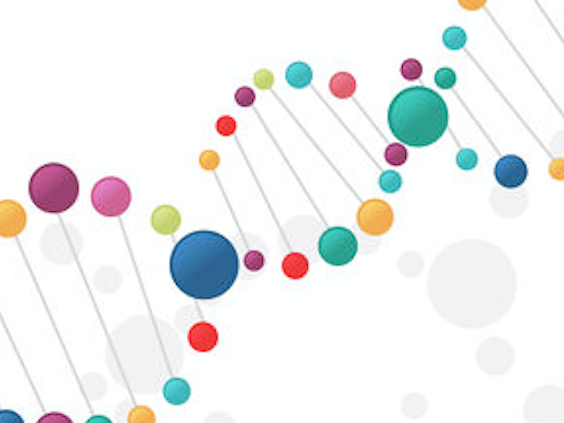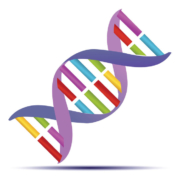18 August 2017
Approximately 15% of women diagnosed with breast cancer will be found to carry a mutation in one or more genes that significantly increases the risk of developing breast and other cancers. The most common mutations are in the BRCA1 and BRCA2 genes. These genes are tumor suppressor genes – if mutated, they do not function properly and can result in a higher likelihood of cancer development. Most often, we see these abnormal gene mutations in women under the age of 50, and in those with a strong family history of breast and/or ovarian cancer. However, because the mutation may be present in a family member without disease, guidelines recommend testing even without a family history in patients that meet criteria (NCI BRCA1 / BRCA2 Genetic Testing Fact Sheet).
A study recently published in the Journal of Clinical Oncology found that fewer than 1 in 5 women with a history of breast or ovarian cancer underwent genetic testing, and many had not discussed the possibility with their treatment team. Identifying a genetic abnormality can change the surgical recommendations in a patient who has been diagnosed with breast cancer (such as considering double mastectomy due to increased future risk) as well as have implications for family members. Take a few minutes to review the fact sheet linked above, and be aware of your family history. If genetic testing is not offered, ask whether or not it should be considered in your case.







Trackbacks & Pingbacks
[…] will be found to carry a specific mutation in their DNA. The most common mutations occur in the BRCA 1 and BRCA 2 genes. These genetic mutations have been identified in every racial and ethnic group, but are much more […]
Comments are closed.